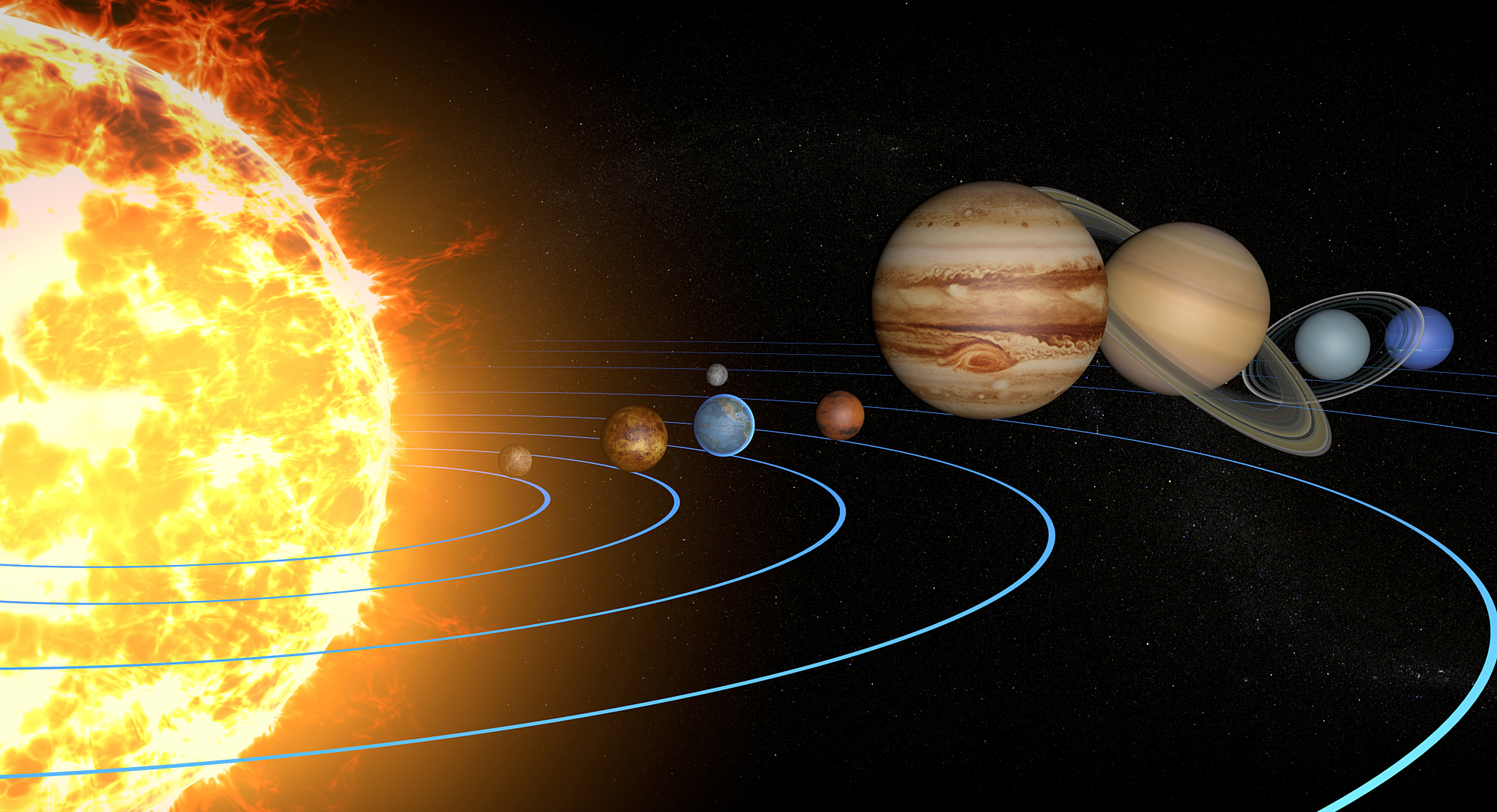As scientific terms go, "climate change" is failing. Good terms are specific, descriptive and help people to understand complex concepts. Climate change is ambiguous, referring perhaps to the most pressing human-generated environmental problem of the century, or to other kinds of changes that happen through natural forces and have been going on since long before humans arose.
Recently I chatted with Columbia University paleontologist Dennis Kent about some new work he and his colleagues published in the Proceedings of the National Academy of Sciences about the surprisingly big influence of Venus and Jupiter on the climate of Earth. The gravitational tug of the second and fifth planets from the sun act to stretch Earth's annual orbit like a rubber band, pulling it into a more oblong ellipse and then back to something very close to a perfect circle over a cycle of 405,000 years. And that leads to big changes in our climate — or the climate of whatever creatures lived here.
The ambiguity of "climate change" plays into the problems that a Wall Street Journal op-ed identified in an April 25 piece headlined "Climate Activists Are Lousy Salesmen." This is science, not advertising, and the terms that scientists come up with aren't decided by public-relations experts using focus groups. Most of the burden of explaining climate changes, past and present, has fallen not to "activists" but to scientists, whether or not they have an interest in or aptitude for persuasion.


















With your current subscription plan you can comment on stories. However, before writing your first comment, please create a display name in the Profile section of your subscriber account page.